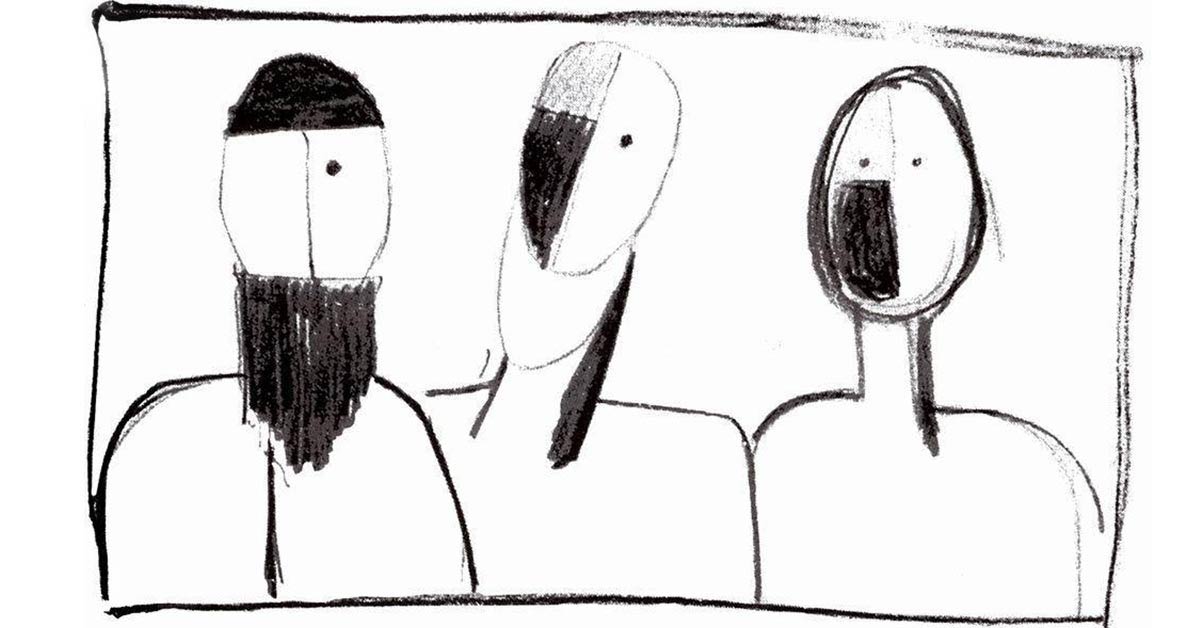
The ONLY Truly Creative Thing We Can Do
I daydream often. Lately, in my fog of contemplation, I’ve pondered a question about creativity: Can a person truly be creative?
So far I keep coming back to the same conclusion: The only truly creative thing we can create is how we treat the world and others. We do not truly create anything else. Everything else we might, out of thoughtless habit, call creating—such as a painting, pottery, or a poem—is not truly creation. At best, such things we simply discover.
Let me explain. Consider poetry. If you follow me on Instagram you know I enjoy writing haiku. Here’s one of my favorites:
writing can be hard,
especially transitions.
raccoons eat crickets.
I may be the first person to ever write this haiku. In fact, I highly doubt anyone else has ever written this haiku. Since no one else has ever written these words, in this order, and with this classic structure, you might call what I’ve written creative. And it might be creative in a really weak sense, but I don’t think it’s creative in any deep and meaningful sense.
I say this because this exact combination of letters and words has always existed, long before my birth, floating in the everlasting realm of possibility, floating there within reach of anybody. Anyone could have discovered this haiku and written it. I was merely the lucky poet who actually did.
For as much as we exalt artists, art emerges mostly from an arbitrary process of actualizing possibilities that haven’t been actualized yet. Creativity mostly involves a skillful process-of-elimination. Artists poke their minds into the boundless reservoir-of-possibility searching for intriguing things not yet pulled down into the realm of experienced reality (pottery shapes and textures, word combinations in poem structures, color combinations and brush sizes, and so forth). To paraphrase Stephen King, in his brilliant book On Writing, “a writer must constantly read so they know what’s already been written.” Good writing, mostly, has to do with actualizing interesting stories and ideas that haven’t yet been actualized.
Creating art, then, is only arbitrarily from me. But how Dan Kent treats others, well, only I can bring that into existence. In at least that way, how I treat others sits before me as the purest act of creation available. You can feel the truth of this yourself if you think about it a little bit. Say you write a poem, or weave a rug, or paint a portrait, and then you show it to twenty people you know. Then let’s say each of those people react to your created thing with similar expressions, tones of voice, and almost identical praise. “This is really good,” they might say. Even though their reactions, in their tone and words, might sound, objectively, like exact echoes of one another, in your own psyche they will hit you differently depending on who they come from. Your favorite uncle praising your creation will feel richer and warmer, maybe, than the identical praise from your niece.
If there’s something to this line of thinking, and I think there is, might I propose a corollary interpretation of 1 Corinthians 13:2:
“If I paint with the genius of Van Gogh, and if I write symphonies with the brilliance of Mozart, and electrify the piano with the fingers of Chopin, but do not have love, then I am not creative at all.”
Dan Kent